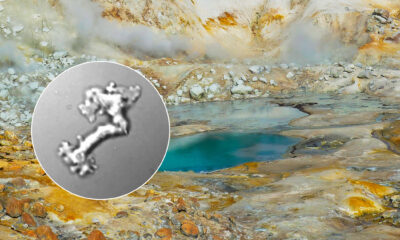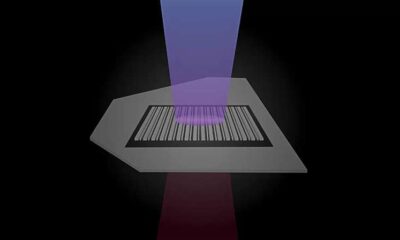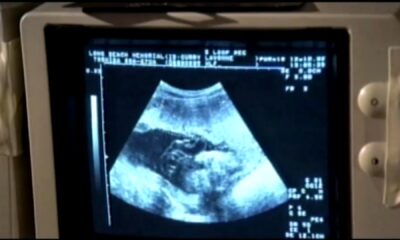Education
Syracuse University Courses Empower High School Students’ Futures

Syracuse University’s Project Advance has transformed the educational landscape for high school students, providing them with early college credit opportunities that extend beyond academics. In particular, the experiences of students like JC Alejaldre demonstrate how these courses can significantly influence career choices and personal development.
Early College Experience Opens Doors
Through Project Advance, high school students can enroll in Syracuse University courses, earning college credits while still completing their secondary education. Alejaldre, who now serves as a professor at Columbia University’s School of Public Health and a leader at NewYork-Presbyterian, took courses in statistics (MAT 221-222) during his time at Port Chester High School. He credits these classes with igniting his passion for learning and paving the way for his future career in public health.
Reflecting on his experience, Alejaldre noted, “I was excited because statistics is foundational to any science curriculum—I knew I needed it. Having those credits let me start higher-level science classes sooner, which only deepened my love and passion for learning.” This early exposure to rigorous academic work empowered him to explore complex subjects and develop a deeper understanding of science.
Overcoming Barriers and Building Confidence
For Alejaldre, the chance to take university courses in high school was particularly impactful. Raised by a single mother, he initially perceived college as an unattainable dream. “College was something that not only couldn’t I grasp, but couldn’t afford,” he explained. The SUPA program changed that perspective. It helped both him and his mother see that higher education was within reach.
The program not only provided academic credits but also instilled confidence in Alejaldre. He described how it made college feel tangible: “It made college feel real for me. I could do college-level work while still in high school. It was empowering, as a 16-year-old, to realize, ‘Wow, I can do this.’” This newfound self-belief became crucial when he faced skepticism from others, including a guidance counselor who doubted his college prospects based on financial circumstances.
Earning college credits through Syracuse University also granted Alejaldre enhanced flexibility in his college curriculum. He stated, “In a strict pre-med curriculum, having statistics credits already gave me some breathing room. That extra space let me take electives earlier—and that’s how I discovered public health, which changed my career.”
The early college experience through Project Advance not only broadened his academic horizons but also allowed him to find his passion and redirect his professional trajectory.
Ultimately, Alejaldre reflects on how these university courses were a turning point in his life. “It completely changed my high school experience and everything that followed. The earlier you step in, the greater the impact. That was certainly true for me.”
He encourages educators to view Syracuse University courses as tools for empowerment. “College courses in high school can transform the way you see the subject—and yourself,” Alejaldre asserted. His story underscores that for students like him, these courses are more than just credits; they can fundamentally alter the course of a future.
-

 Technology5 months ago
Technology5 months agoDiscover the Top 10 Calorie Counting Apps of 2025
-

 Health3 months ago
Health3 months agoBella Hadid Shares Health Update After Treatment for Lyme Disease
-

 Technology7 days ago
Technology7 days agoOpenAI to Implement Age Verification for ChatGPT by December 2025
-

 Health3 months ago
Health3 months agoErin Bates Shares Recovery Update Following Sepsis Complications
-

 Technology4 months ago
Technology4 months agoDiscover How to Reverse Image Search Using ChatGPT Effortlessly
-

 Technology3 months ago
Technology3 months agoElectric Moto Influencer Surronster Arrested in Tijuana
-

 Technology1 month ago
Technology1 month agoDiscover 2025’s Top GPUs for Exceptional 4K Gaming Performance
-

 Technology5 months ago
Technology5 months agoMeta Initiates $60B AI Data Center Expansion, Starting in Ohio
-

 Technology5 months ago
Technology5 months agoRecovering a Suspended TikTok Account: A Step-by-Step Guide
-

 Health3 months ago
Health3 months agoAnalysts Project Stronger Growth for Apple’s iPhone 17 Lineup
-

 Health5 months ago
Health5 months agoTested: Rab Firewall Mountain Jacket Survives Harsh Conditions
-

 Lifestyle5 months ago
Lifestyle5 months agoBelton Family Reunites After Daughter Survives Hill Country Floods





















